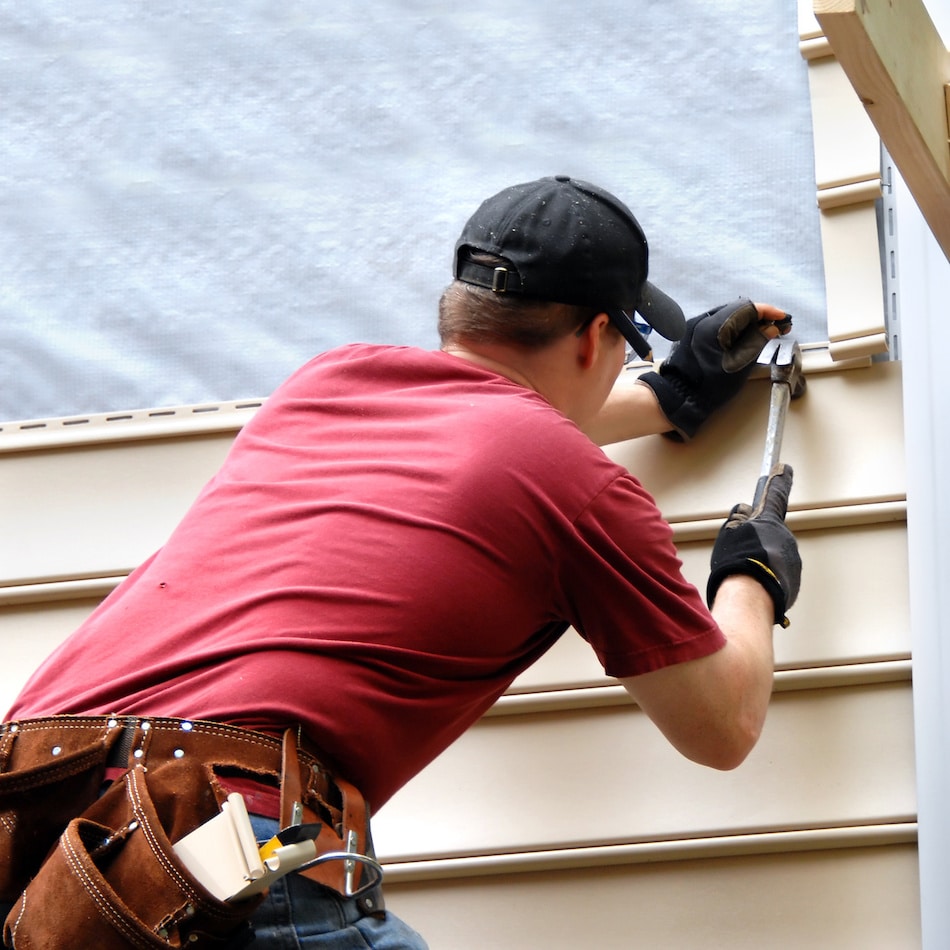
Should You Buy a Fixer-Upper? Questions to Ask Before Buying
 Saving money on any purchase in today’s economy is a good thing––and this is especially true for anyone thinking about buying a home. But getting a bargain price on a home may mean taking some risks, especially if the home is considered a fixer-upper due to damage, repair, condition, or other issues. If you are preparing to buy a home and considering a fixer-upper, there are four things you need to consider before signing any purchase offer.
Saving money on any purchase in today’s economy is a good thing––and this is especially true for anyone thinking about buying a home. But getting a bargain price on a home may mean taking some risks, especially if the home is considered a fixer-upper due to damage, repair, condition, or other issues. If you are preparing to buy a home and considering a fixer-upper, there are four things you need to consider before signing any purchase offer.
What is the full scope of the renovations that the fixer-upper house will require?
The first thing to consider is not the advertised selling price of the fixer-upper or Minnesota foreclosure. Instead, buyers who want to get the best deal must also consider the cost and scope of renovating the home on top of the actual purchase price to get the true actual cost of the home. These costs might include:
- Fees and permits, including those related to removing debris, vegetation, and used building materials from the site
- Cost of inspections, including engineering or structural inspections on the main structures of the home, as well as an extensive home inspection by a licensed home inspector or general contractor
- Living costs, such as temporary rental fees, while the home is being renovated
- Material costs
- Equipment rental fees, if needed
- Skilled labor, such as carpenters, roofers, masons, etc.
- Construction loan costs
- Insurance
In addition to determining the actual costs associated with renovating a fixer-upper home, buyers should also add an extra ten to twenty percent of funds to their list, to cover unforeseen repairs and issues that may not come to light until after the renovations begin.
Does the buyer have sufficient financial resources to cover the cost of the repairs?
Once the buyer has a complete list of all costs that are expected to be associated with the renovation costs, they will need to decide if the total figure is still affordable with their current income and budget before making an offer. Doing this exercise before buying will ensure that this type of large home renovation project will be affordable and help to eliminate delays.
Will the renovated home’s value be inline with other comparable homes in the immediate area?
Another question that buyers should always consider before buying a fixer-upper home is what the value of the home will be after it is renovated and how that figure compares with similarly sized homes in the same area. If the planned renovations will make the home’s value exceed that of neighboring homes, it may result in a serious financial loss if sold. Instead of over-improving the home, consider scaling back the size and scope of the renovation plan to incorporate financially smarter improvements and ensure that the home stays within a similar value range of other homes in the area.
Does the buyer have sufficient time to manage or perform the renovation?
The last consideration is time. Even fixer-upper buyers who plan on hiring out all the work will still need to devote time to managing the renovation budget, visiting the work site to track progress, and attending to details that arise during this type of project. Before considering the purchase of a fixer-upper buyers must look at their current and expected time constraints and decide if their work, family, school, and other commitments allow enough time to devote to the project or whether they would be better off buying a home or Minnesota condo that is higher in price but also move-in ready.
Not all buyers are a good fit for purchasing a fixer-upper home. Buyers who want to make the best possible choice for their overall situation should start by discussing all types of housing with their real estate professional to ensure they are making the best possible choice.



